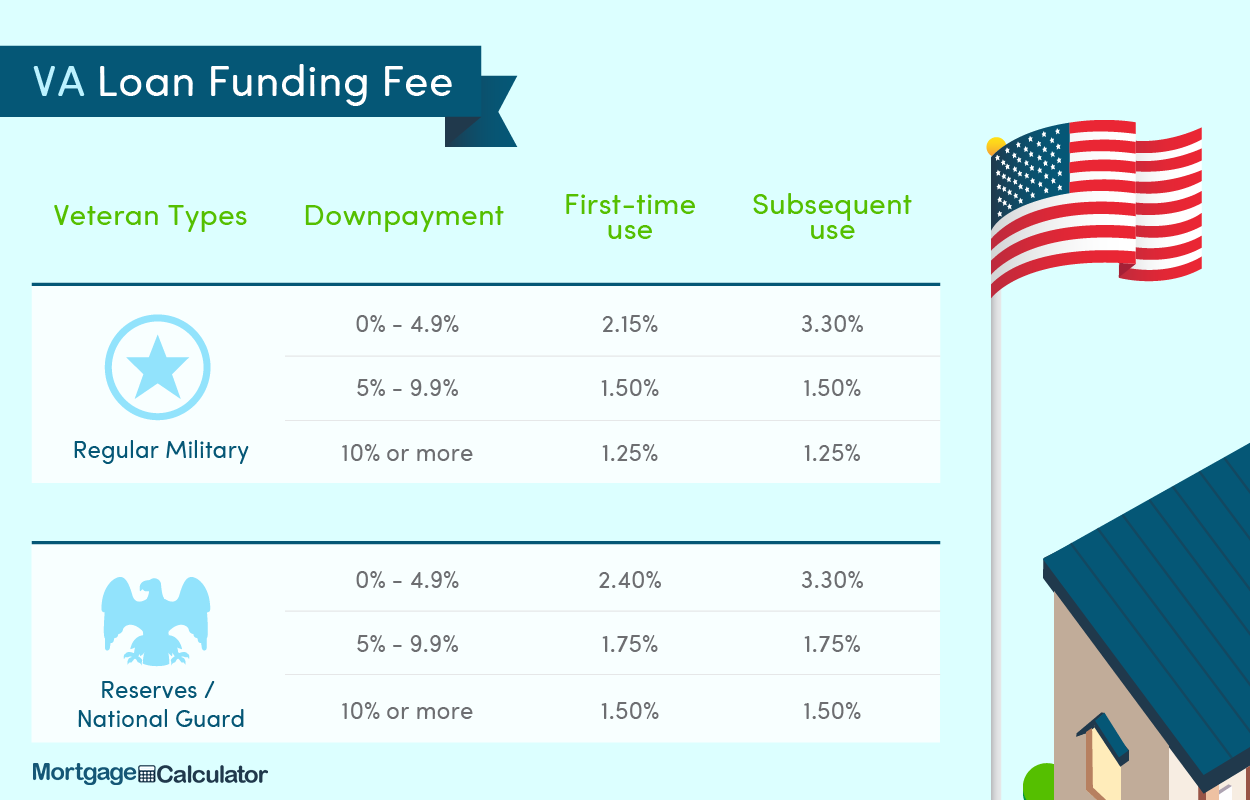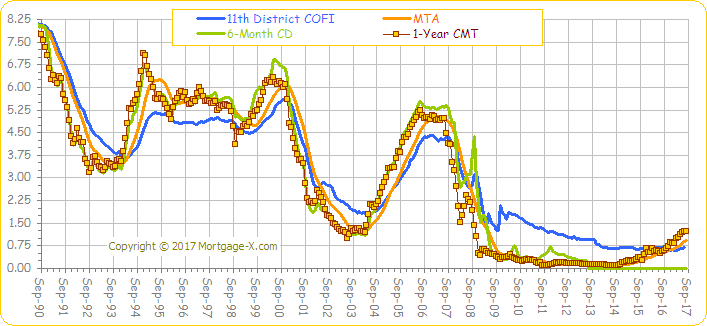If you're in the position to buy a home or refinance your home mortgage, now might be a good time to benefit from lower rates and potentially score even lower rates by utilizing home mortgage points. Keep in mind that you'll wish to build in a little additional time to browse the lending system as lending institutions are dealing with an increase of cases due to the historically low-interest rates. how to reverse mortgages work.
The response to whether mortgage points are worth it can only be answered on a case-by-case basis. If you're intending on remaining in your house longer than the break-even point, you will see savings. If those savings exceed what you may get in outdoors financial investment, then mortgage points will certainly be worth it.
This table does not consist of all companies or all offered products. Interest does not back or advise any business. Editorial Policy Disclosure Interest. com adheres to strict editorial policies that keep our writers and editors independent and truthful. We rely on evidence-based editorial standards, regularly fact-check our material for precision, and keep our editorial personnel completely siloed from our advertisers. Origination points, on the other hand, are closing costs paid to a lending institution in order to secure a loan. While these fees are sometimes negotiable, debtors generally have no choice about whether to pay them in order to protect a loan. Let's state a prospective property owner makes an application for a $400,000, 30-year mortgage so they can purchase a $500,000 house.
After underwriting, they get a loan deal from a lending institution that includes multiple ratesone with their rate if they buy no points, plus alternative rates if they buy one to four discount rate points. Below are sample rates for this customer, in advance expenses to purchase those points and particular regular monthly payments for each rate: In this case, each point would conserve the debtor about $60 per month.
5 years) to recover the expense of each discount rate point they buy. When you look for a loan, both discount points and origination points are in theory negotiable - what are reverse mortgages and how do they work. But, in practice, that's not always the case. The only way to know for sure is to speak with your loan officer as soon as you've been authorized for a loan.
Then, when you get loan offers, you can let each lender work to make your business by working out lower rates or closing expenses. You do not need to fret about this hurting your credit history, as credit bureaus treat credit checks from numerous home mortgage lending institutions within about a 30-day period as one credit check.
When you purchase discount rate points (or "purchase down your rate") on a brand-new home loan, the expense of these points represent prepaid interest, so they can usually be deducted from your taxes much like normal home mortgage interest. However, you can typically only deduct points paid on the very first $750,000 borrowed. In other words, if you secure a $1 million mortgage and purchase one point for $100,000, you can only subtract $75,000 (1% times $750,000).
How Do Second Mortgages Work In Ontario - The Facts
According to the IRS, the costs for home mortgage points can be detailed on Arrange A of your Form 1040. The Internal Revenue Service states that "if you can subtract all of the interest on your mortgage, you might have the ability to subtract all of the points paid on the mortgage." Mortgage pointsboth discount points and origination pointsincrease a borrower's upfront cost of getting a mortgage.
When it comes to discount rate points, these expenses are likewise optional. If you prepare to remain in your home for at least 10 to 15 years and wish to minimize the month-to-month cost of your mortgage, they might be rewarding, but they aren't needed.
These terms can often be used to indicate other things. "Points" is a term that home mortgage lenders have actually utilized for lots of years. Some lending institutions may utilize the word "points" to describe any upfront fee that is calculated as a portion of your loan quantity, whether you get a lower rates of interest.
The details listed below describes points and loan provider credits that are connected to your rate of interest. If you're thinking about paying points or getting lender credits, constantly ask loan providers to clarify what the effect on your rate of interest will be. Points let you make a tradeoff in between your in advance costs and your regular monthly payment.
Points can be a good choice for someone who understands they will keep the loan for a long time. Points are determined in relation to the loan quantity. Each point equates to one percent of the loan amount. For instance, one point on a $100,000 loan would be one percent of the loan amount, or $1,000.

Points do not need to be round numbers you can pay 1. 375 points ($ 1,375), 0. 5 points ($ 500) or even 0. 125 points ($ 125). The points are paid at closing and increase your closing costs. Paying points lowers your rates of interest relative to the rates of interest you might get with a zero-point loan at the same lending timeshare release institution.
For example, the loans are both fixed-rate or both adjustable-rate, and they both have the exact same loan term, loan type, same down payment amount, and so on. The very same sort of loan with the exact same loan provider with two points should have an even lower interest rate than a loan with one point.
How Do Lendsure Mortgages Work - An Overview
By law, points noted on your Loan Quote and on your Closing Disclosure should be connected to a reduced interest rate. The exact quantity that your rate of interest is minimized depends upon the specific lending institution, the kind of loan, and the overall home loan market. Often you may get a fairly large decrease in your rate of interest for each point paid.
It depends on the particular loan provider, the kind of loan, and market conditions. It's also important to comprehend that a loan with one point at one loan provider might or might not have a lower rate of interest than the same type https://www.youtube.com/channel/UCRFGul7bP0n0fmyxWz0YMAA of loan with zero points at a various loan provider. Each lending institution has their own rates structure, and some lending institutions may be basically costly overall than other lenders regardless of whether you're paying points or not.
Check out existing interest rates or find out more about how to shop for a mortgage. Loan provider credits work the exact same way as points, but in reverse. You pay a greater rate of interest and the lending institution provides you cash to offset your closing expenses. When you receive lending institution credits, you pay less in advance, but you pay more over time with the greater interest rate.
For instance, a lender credit of $1,000 on a $100,000 loan might be referred to as unfavorable one point (since $1,000 is one percent of $100,000). That $1,000 will look like a negative number as part of the Lender Credits line item on page 2, Section J of your Loan Price quote or Closing Disclosure (how do adjustable rate mortgages work).
